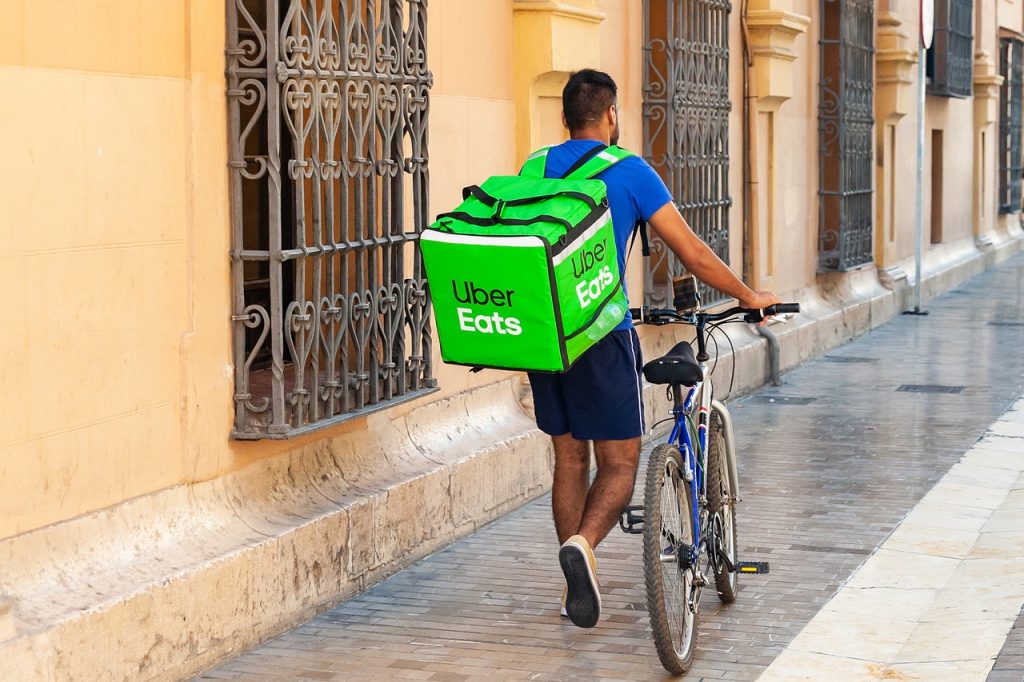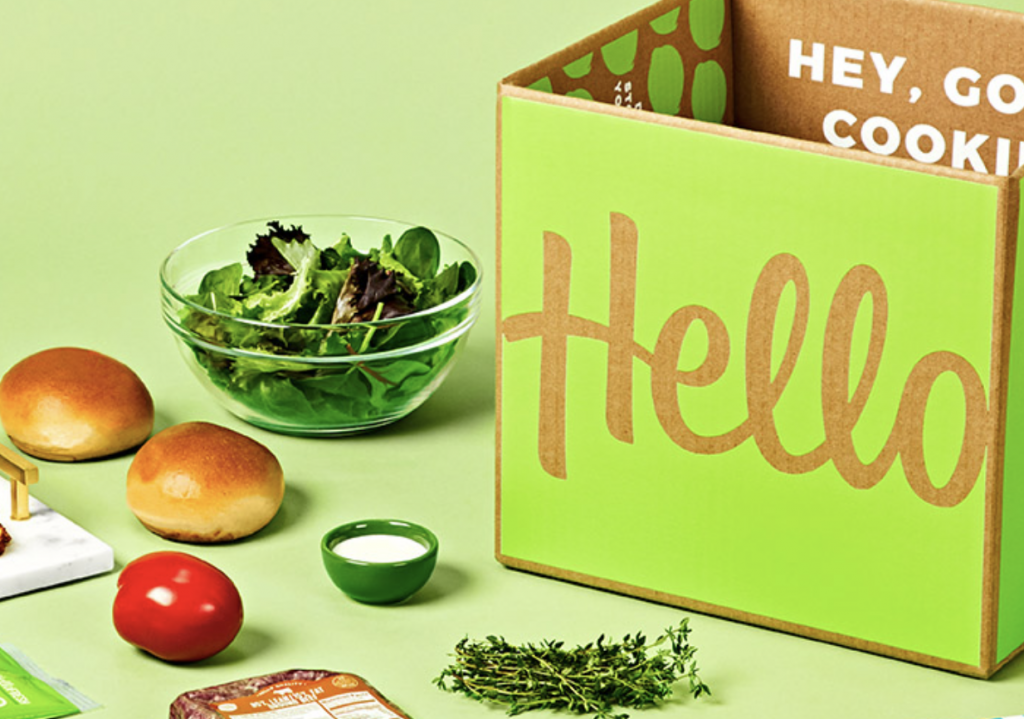A Trio Of Top Delivery Apps All Face Major Class Action Lawsuit Consequences
Top delivery apps may be grossly over-charging you for the food you order.
This article is more than 2 years old

Top delivery apps GrubHub, Postmates, and Uber Eats face a classic action lawsuit this month. The lawsuit alleges that the three applications are driving restaurant prices through their delivery practices. The case also details each company’s “no-price competition clauses” and how these clauses may be accelerating the prices of food even at the physical restaurant.
With a no competition clause, many delivery services have made it more difficult for restaurants to manage their menu costs. Adding one of the top delivery apps to your business means you can’t have a menu item cost less in the physical store than it is online. This allows for many services to continually raise the prices of the online product, while restaurants cannot stop their costs from accelerating.
People frustrated by unlawful price escalations are suing these top delivery apps. Frank LLP, the law firm dealing with the lawsuit, elaborated on the delivery services’ unethical practices. Today, these services take 13.5% to 40% of all the food revenue, while the average income for a restaurant ranges from 3% to 9%. With restaurants trying to compete with their delivery services, better deals offered to customers through the applications leave many restaurants scrambling.
All three of the top delivery apps wanted the lawsuit to be dismissed. But when it reached U.S. District Judge Lewis Kaplan in the New York City courts, the dismissal request was instantly denied. The judge released a statement affirming the plaintiffs’ need to pursue a lawsuit. Judge Kaplan agreed that restaurants are stuck between a rock and a hard place, joining with apps like Uber Eats and raising prices or lowering prices and foreclosing. The competitiveness that these delivery services thrust upon restaurants is putting struggling restaurants in more financial peril.

A GrubHub spokesperson disagreed with the judge, stating that they were “disappointed” with the judge’s refusal to administer a dismissal. The company suggested they would continue to fight for the dignity and legitimacy of their service. Though the top delivery apps will have their day to explain themselves in court, they still have to address their no-price competition clauses and defend their lawfulness.
Various patrons who purchased food from restaurants at accelerated prices have ushered in the previously mentioned lawsuit. These accounts start from April 2016 to the present day. The patrons will discuss their experiences with ordering food from restaurants through the delivery services and will be able to document the extensive price increases.
Top delivery app Grubhub faces another lawsuit for its apparent “misleading” business practices. Like many delivery services before, the app offers various discounts like free online orders for an initial sign-up or unlimited free delivery for the premium service. The Attorney General of D.C. sues Grubhub due to these deceptive claims, stating that many residents accrued service fees regardless of their supposed free-delivery status. The suit also details how Grubhub tricked businesses into signing on to their services with misleading information.
Though apps for food drop-offs are enormously helpful, these top delivery apps are making life for restaurant owners even more difficult. GrubHub, Postmates, and Uber Eats have much to answer for in these national courts between hiding fees and driving the cost of food up.




